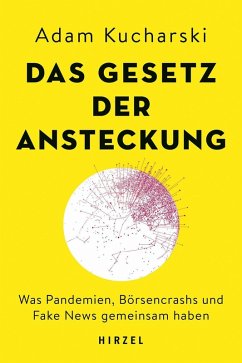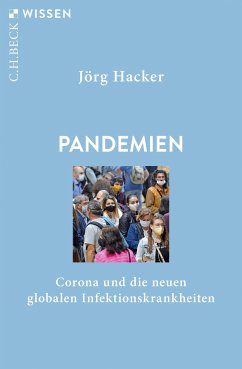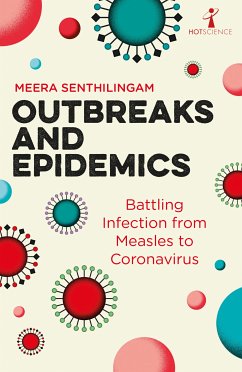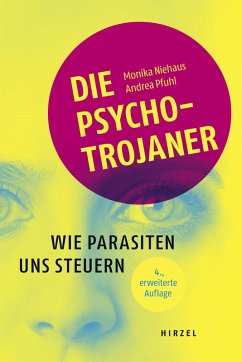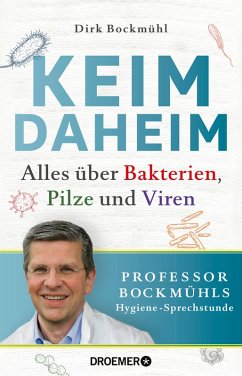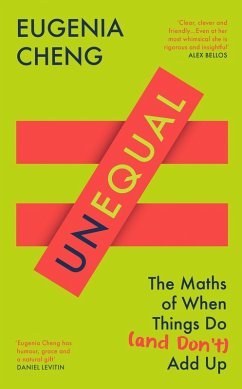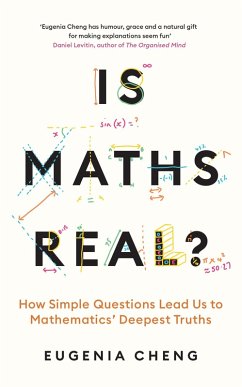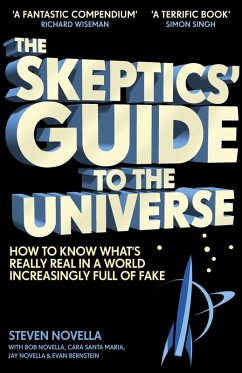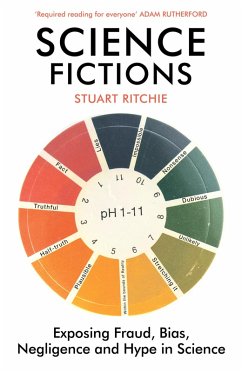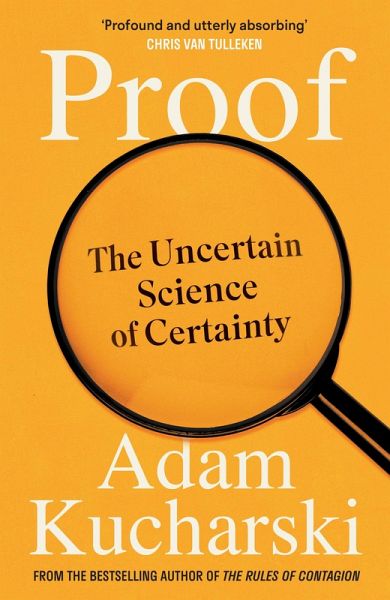
Proof (eBook, ePUB)
The Uncertain Science of Certainty
Versandkostenfrei!
Sofort per Download lieferbar
13,95 €
inkl. MwSt.
Weitere Ausgaben:

PAYBACK Punkte
7 °P sammeln!
A FINANCIAL TIMES BEST SUMMER BOOK AND BOOK OF THE YEAR 2025'Insightful, absorbing and entertaining' TLS'Brilliant' ALEX BELLOS'Illuminating' DAILY MAIL'The case for better evidence in post-evidence times' FINANCIAL TIMES'Profound and utterly absorbing' CHRIS VAN TULLEKENHow far would you go in your search for certainty? And once you get there, how do you convince others?From the medieval Islamic world to the recent pandemic, scientific progress has relied on different methods of establishing fact from fiction. Today, in the face of ever-increasing disinformation, how we prove things - to ours...
A FINANCIAL TIMES BEST SUMMER BOOK AND BOOK OF THE YEAR 2025
'Insightful, absorbing and entertaining' TLS
'Brilliant' ALEX BELLOS
'Illuminating' DAILY MAIL
'The case for better evidence in post-evidence times' FINANCIAL TIMES
'Profound and utterly absorbing' CHRIS VAN TULLEKEN
How far would you go in your search for certainty? And once you get there, how do you convince others?
From the medieval Islamic world to the recent pandemic, scientific progress has relied on different methods of establishing fact from fiction. Today, in the face of ever-increasing disinformation, how we prove things - to ourselves and others - has never felt more urgent.
But there is far more to proof than axioms, theories and scientific laws: when demonstrating that an experimental medical treatment works, persuading a jury of someone's guilt, or deciding whether to trust a new type of financial transaction, weighing up evidence is rarely simple.
Bestselling author, statistician and epidemiologist Adam Kucharski ranges across science, politics, philosophy and economics to explore how truth emerges - and why it falters.
'Insightful, absorbing and entertaining' TLS
'Brilliant' ALEX BELLOS
'Illuminating' DAILY MAIL
'The case for better evidence in post-evidence times' FINANCIAL TIMES
'Profound and utterly absorbing' CHRIS VAN TULLEKEN
How far would you go in your search for certainty? And once you get there, how do you convince others?
From the medieval Islamic world to the recent pandemic, scientific progress has relied on different methods of establishing fact from fiction. Today, in the face of ever-increasing disinformation, how we prove things - to ourselves and others - has never felt more urgent.
But there is far more to proof than axioms, theories and scientific laws: when demonstrating that an experimental medical treatment works, persuading a jury of someone's guilt, or deciding whether to trust a new type of financial transaction, weighing up evidence is rarely simple.
Bestselling author, statistician and epidemiologist Adam Kucharski ranges across science, politics, philosophy and economics to explore how truth emerges - and why it falters.
Dieser Download kann aus rechtlichen Gründen nur mit Rechnungsadresse in A, D ausgeliefert werden.




